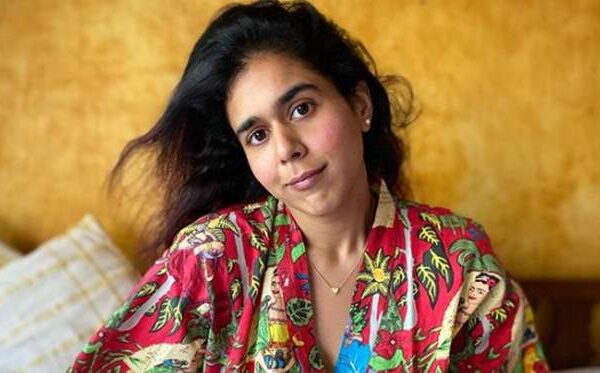There has been an evolution of Corporate Social Responsibility in India, whether it is in the definition of the term or its implementation.
What had been initiated as a method of contributing to the well-being of society has now become a PR(Public Relations) stunt for most organizations!
Attention has been diverted from the good they were to do the society (that is affected and dependent on them), into diverting the consumer’s attention and creating a brand image for the company.
Our Experience
Team Feministaa recently went on ground to understand the reality of the CSR with one such big corporate (Nestle), and realized that the picture is very different from the candy floss image that the company portrays.

When GMR Group (A Global Infrastructure Company) started building its airport in the outskirts of Hyderabad, they were proactive in terms of their societal responsibilities. They started the GMR Varalakshmi Foundation 3 years before initiating the operations of the Hyderabad airport, to ensure a sustainable development of the under-served communities’ in the vicinity of the location. The foundation has built GMR Chinmay Vidyalaya and is running the English medium CBSE School to provide affordable education to the children of villages.
With their services spread across 25 villages, GMR has ensured regular medical checkups and healthcare facilities along with providing vocational training to the youth in village.
Varalakshmi Foundation is ‘Enabling Marketing of Products of Women Entrepreneurs’ (EMPOWER) and helping them grow and empower. With a structured plan, the company provided systematic process for bringing coherence and discipline to CSR strategies.
Although many companies embrace a vision of CSR like that of the Varalakshmi Foundation, they are hampered by poor coordination.
Without the active engagement of the CEO, a lot of companies initiate and run their CSR in an uncoordinated way. Unfortunately the benefits of any kind of initiatives, never reach the ground level.
One such instance could be seen at the Moga Dairy Plant of Nestle. This factory was set up over 100 years ago and is the biggest dairy collection plant of the company. Nestle claims to be working with its milk farmers and ancillary suppliers towards improving the quality and productivity of their lives. Their Village Women Dairy Development program was initiated to focus on empowering village women engaged in dairy farming.
Feministaa’s experience in Moga was nothing short of shocking when the team realized, that in practicality the dairy farmers were completely unaware of the initiatives taken by the dairy giant. The company’s aim to improve quality and productivity of milk through education has not reached the houses of women dairy farmers.

Most of the families in Moga, are dependent on dairy output for their household incomes. From funding children’s school to buying daily supplies and paying medical bills, dairy farming pays for the likelihood of the villagers in Moga.
The dairy farmers in Moga village seem to have received no support from the world’s leading nutrition company in their growth and development. It should be a part of every CEO’s job to make an impact on the social and environmental systems in which they operate, and not consider CSR as a necessary activity to adhere to the government rules. A holistic environment of sustainable development will only happen when companies like Nestle refocus their CSR activities on their fundamental goal!












